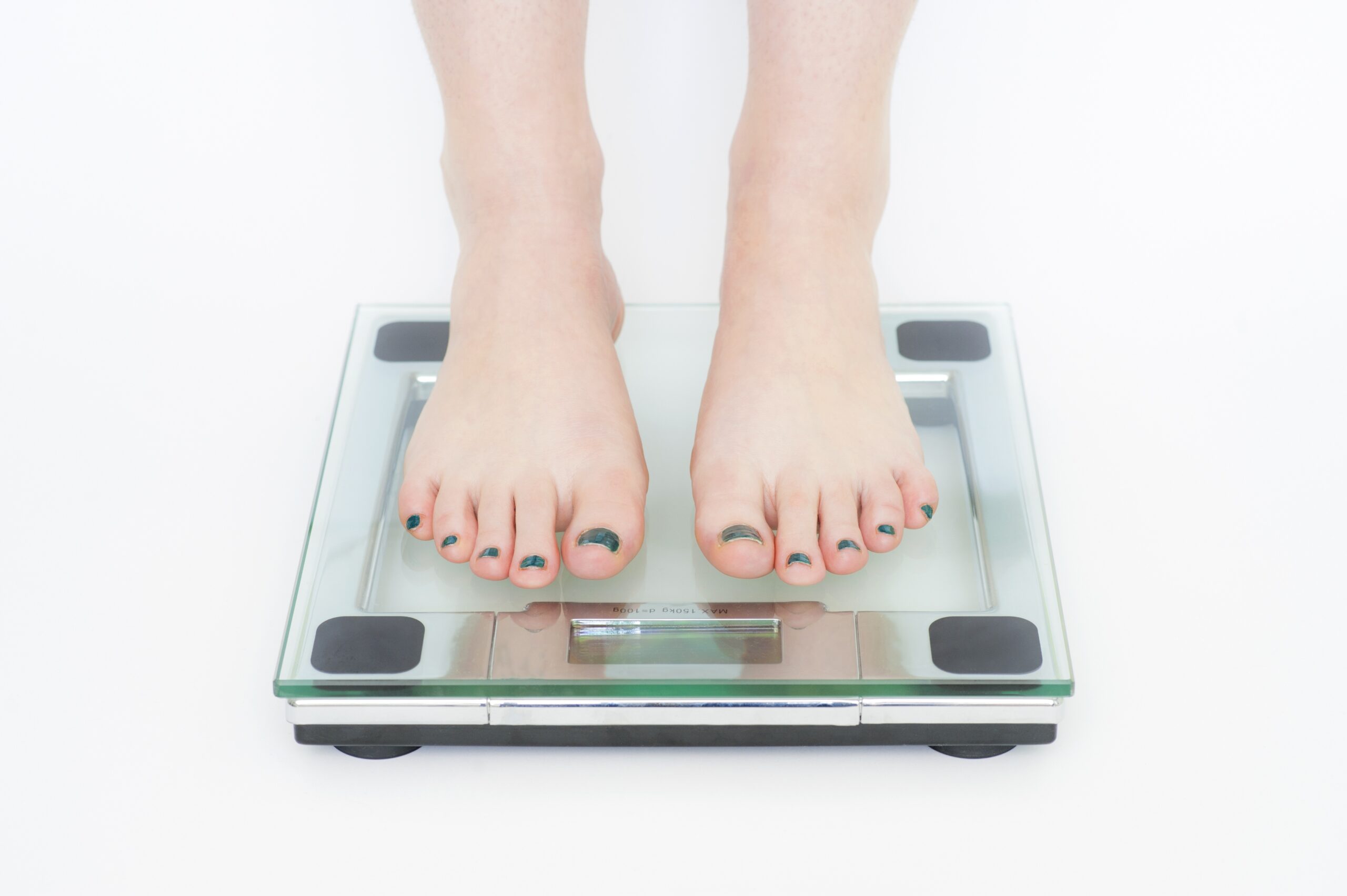
Overview
Losing weight can be a life-changing journey, but it’s important to approach it in a safe and sustainable way. Many people are drawn to quick fixes and fad diets that promise rapid results, but these methods often lead to disappointment and potential health risks. In this guide, we’ll walk you through the steps for losing weight in a healthy and effective manner, ensuring long-term success while keeping your overall well-being in mind.
Weight Loss Goals
The first step in any weight loss journey is setting realistic and achievable goals. It’s important to understand that safe weight loss occurs gradually—typically 1-2 pounds per week. This steady pace ensures that you’re losing fat rather than muscle, which helps maintain your metabolism and overall health.
Break your overall goal into smaller milestones. For instance, if your target is to lose 20 pounds, set mini-goals of 5 pounds at a time. This approach makes the process less overwhelming and allows you to celebrate smaller successes along the way.
Nutrition Healthy Weight Loss
Eat Whole, Nutrient-Dense Foods
Your diet plays a crucial role in weight loss, but it’s not just about cutting calories. Focus on the quality of the foods you eat. Incorporate a variety of whole, nutrient-dense foods into your meals, such as:
- Lean proteins: Chicken, turkey, fish, eggs, tofu, and legumes
- Whole grains: Brown rice, quinoa, oats, and whole-wheat bread
- Healthy fats: Avocados, nuts, seeds, and olive oil
- Fruits and vegetables: Packed with vitamins, minerals, and fiber
Avoid processed foods, sugary snacks, and refined carbs that provide little nutritional value and can lead to weight gain. Instead, aim for balanced meals that provide energy and keep you feeling satisfied throughout the day.
Portion Control and Mindful Eating
While eating healthy is important, portion control is equally essential. Overeating healthy foods can still lead to excess calorie intake. Pay attention to serving sizes and use measuring tools like cups or food scales if necessary.
Mindful eating techniques can help you control portions naturally. Eat slowly, savor each bite, and avoid distractions like TV or phone screens during meals. This will help you recognize when you’re full and prevent overeating
Related : How Long Does It Take to Lose Weight and Keep It Off? Insights and Tips
Incorporating Regular Exercise
Exercise is a powerful tool for weight loss, as it helps you burn calories and maintain muscle mass, which is crucial for sustaining a healthy metabolism. A balanced fitness routine should include:
- Cardiovascular exercise: Activities like walking, running, cycling, and swimming help burn calories and improve heart health.
- Strength training: Building muscle through resistance exercises like weightlifting, bodyweight exercises, or using resistance bands helps increase your metabolism and tone your body.
Start with workouts you enjoy to stay consistent. As your fitness level improves, gradually increase the intensity or duration of your workouts. Aim for at least 150 minutes of moderate-intensity aerobic activity per week, along with strength training exercises twice a week.
Hydration
Staying hydrated is a key component of weight loss. Drinking water not only helps your body function properly but can also aid in appetite control. Sometimes thirst can be mistaken for hunger, leading to unnecessary snacking.
Aim for at least 8 glasses of water a day. Drinking a glass of water before meals can also help you feel fuller and prevent overeating. Avoid sugary beverages, soda, and excessive caffeine, as these can add empty calories to your diet and hinder your weight loss efforts.
Sleep for Better Results
Sleep is a critical but often overlooked factor in weight loss. Studies have shown that lack of sleep can affect the hormones that regulate hunger and satiety, increasing cravings and making it harder to stick to a healthy diet.
Aim for 7-9 hours of quality sleep per night. Establishing a regular sleep schedule, limiting screen time before bed, and creating a calming bedtime routine can help improve your sleep quality. When you’re well-rested, you’re more likely to make better food choices and have the energy needed for exercise.
Manage Stress for a Balanced Approach
Stress can have a significant impact on your weight loss journey. Chronic stress increases the production of cortisol, a hormone that can lead to weight gain, particularly in the abdominal area. Additionally, many people turn to food for comfort when they’re stressed, leading to overeating.
Incorporating stress-management techniques into your routine can help. Practices like yoga, meditation, deep breathing exercises, or even taking a walk in nature can reduce stress and prevent emotional eating.
Tracking Your Progress
Keeping track of your progress is essential for staying motivated and identifying areas where you may need to adjust your strategy. Consider using a journal or an app to record your meals, exercise routines, and how you feel each day. This will help you stay accountable and see the gradual changes over time.
When tracking your progress, don’t just rely on the scale. It’s normal for your weight to fluctuate due to water retention, hormonal changes, or muscle gain. Take note of how your clothes fit, your energy levels, and improvements in your overall fitness and well-being.
The Takeaway
Losing weight safely and effectively is not about quick fixes, but about making lasting changes to your lifestyle. By setting realistic goals, focusing on balanced nutrition, exercising regularly, staying hydrated, getting enough sleep, managing stress, and tracking your progress, you’ll be well on your way to achieving your weight loss goals.
Remember, the journey to better health is a marathon, not a sprint. Be patient with yourself, celebrate your victories, and stay consistent. Your hard work will pay off, not just in the form of a lower number on the scale, but in a healthier, more energized, and happier you
Frequently Asked Questions
- How much weight can I safely lose in a week?
Safe weight loss is typically 1-2 pounds per week. This gradual approach helps ensure that you’re losing fat and not muscle, which is crucial for maintaining a healthy metabolism. - Do I need to follow a specific diet to lose weight?
No, the key to healthy weight loss is balanced nutrition. Focus on whole, nutrient-dense foods like lean proteins, whole grains, healthy fats, and plenty of fruits and vegetables. Avoid fad diets, as they can be unsustainable and unhealthy. - Can I lose weight without exercising?
While it’s possible to lose weight by just adjusting your diet, incorporating regular exercise helps you burn more calories, maintain muscle mass, and improve overall health. A combination of diet and exercise is the most effective approach for long-term weight loss. - How does sleep affect weight loss?
Lack of sleep can interfere with hormones that control hunger, leading to increased cravings and overeating. Aim for 7-9 hours of quality sleep per night to support your weight loss goals. - What role does hydration play in weight loss?
Staying hydrated helps your body function properly and can control appetite. Drinking water before meals can reduce overeating, and replacing sugary drinks with water cuts down on empty calories. - How can I stay motivated during my weight loss journey?
Setting small, achievable goals, tracking your progress, and celebrating milestones can keep you motivated. Don’t focus solely on the scale—pay attention to non-scale victories like how your clothes fit or improved energy levels. - What should I do if I hit a weight loss plateau?
Plateaus are common in weight loss. Reassess your diet and exercise routine—try changing up your workouts or adjusting your caloric intake slightly. Sometimes your body needs time to adjust before weight loss resumes.












